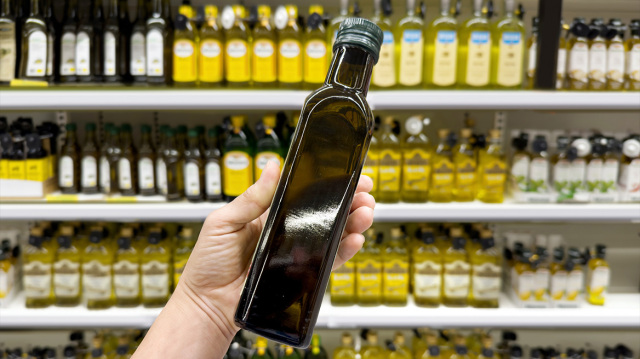According to a report from the French magazine 60 Millions de consommateurs, an analysis of 22 commercially available olive oils in France revealed that all samples contained traces of plasticizers and hydrocarbons, substances that may pose health risks.
Patricia Chairopoulou, a journalist for 60 Millions de consommateurs, shared with BFMTV that the study focused on 22 extra virgin olive oils, which are obtained directly from olives through mechanical pressure or centrifugation. The analysis detected residues of plasticizers—chemicals added to plastics to enhance their flexibility—and hydrocarbons, which are commonly found in storage and transport materials like tanks, tarpaulins, and pipes.
The study highlighted that both organic and conventional olive oils contained between one and three types of phthalates or plasticizers, recognized as endocrine disruptors that can be harmful to health. Additionally, certain olive oils were found to contain MOSH (saturated mineral oil hydrocarbons) and MOAH (aromatic mineral oil hydrocarbons), which are byproducts of petroleum and often used as lubricants in engines.
These oil derivatives from petroleum products are primarily utilized in fuels and engine oils. According to the researchers, these contaminants can build up in the liver and lymphatic system when they enter food supplies, with MOAH, having potential carcinogenic effects. The study indicated that contamination might occur during the harvesting, crushing, or transportation of olives, particularly through oil spills from tractors or trucks. Notably, some olive oils tested contained up to 10 mg/kg of MOAH, exceeding the European Union’s acceptable limit by five times.
Ask Me Anything
Explore Related Questions
















